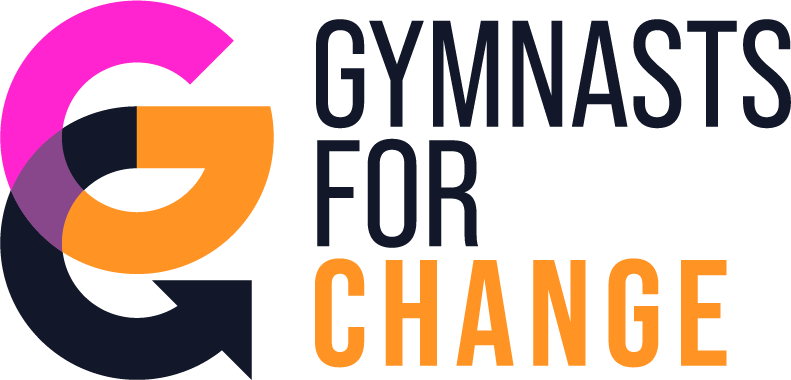The Need for Coaching Sanctions: a Human Rights Based approacH
Klaudia Wittmann, former German Rhythmic Gymnast and member of the G4C International Working Group, explores the way in which National Governing Bodies repeatedly miss golden opportunities to set a new, human rights based standard for coaching in Gymnastics.
In 2020, Amanda Parker, world trampolining champion, made serious allegations against her coach Craig Lowther, who, as she described, had put her through daily humiliation and bullying.
Following a formal complaint, BG failed to conduct a satisfactory investigation. As a result, Lowther was able to resign from the job without further consequences.
In an interview, Amanda said:
“I am appalled that that’s how Jane Allen accepted his resignation. For a man that should have been dismissed… he’s basically getting thanks.”
We should give Amanda’s statement the attention it deserves. With its failure to bring the case to adequate scrutiny, BG promotes the idea that an abuser’s resignation is enough to tackle the problem of abuse in the sport, and as such BG asserts it has successfully fulfilled its duty of protecting its members.
This ideological move is shamelessly misleading. Not only did Lowther’s resignation mean that the scope of his abuse could not be established, but also that he was never scrutinised by either the law, or a safeguarding panel, as a perpetrator of emotional violence whilst in a position of trust.
When there is no case, there is also no punishment. He, as many others, simply got away with it. But another point that is at least as important is the fact that BG thanked Lowther for his services after the resignation.
By thanking him, BG implied that Lowther did nothing wrong, that, ultimately, he did what he was asked to do, and that the problem was merely that his gymnasts were incapable of handling his methods.
By transmitting this subliminal message, BG elevates gymnastics to a status above the law, reserved only for those who can withstand its super (or non) human treatment. What is difficult to grapple with is that elevating gymnastics as a practice, coating the image of the gymnast with a sense of being super human, makes the sport incredibly dangerous.
Not being human might seem superior, but its dark underside is that you will also not be granted your basic human rights and protection by the law. The status of superiority is simultaneously a status of degradation. By failing to condemn, publicly, such coaching practices, BG fuels an underlying culture of violence, which means that even if an abuser leaves their post, the next person stepping into it will be able to repeat the same behaviour if they wish to.
All the while, BG continues to find ways to bypass the law as it applies to children in school or adults in the workplace, under the guise of managing a sport that is “above” human ability.
So while we celebrate the super human skills of gymnastics in gymnastics, it is often the athlete who ends up dealing with the other side of the coin: that super human also means ongoing violations of their human rights.

